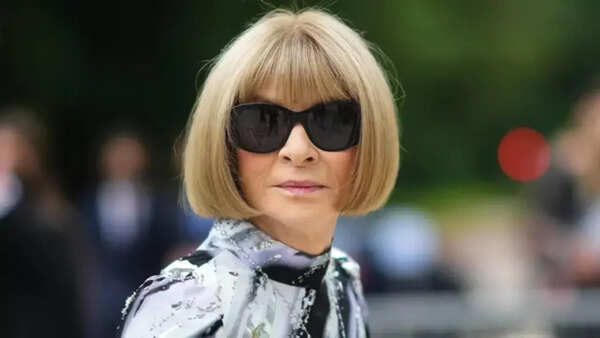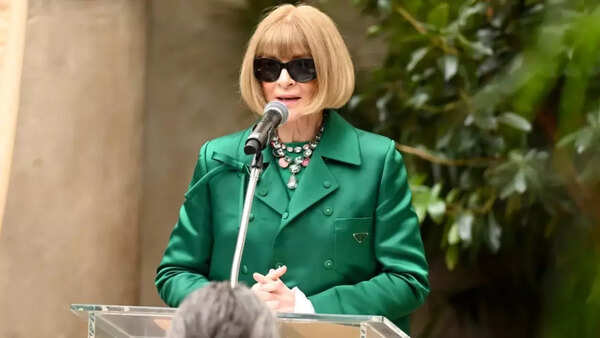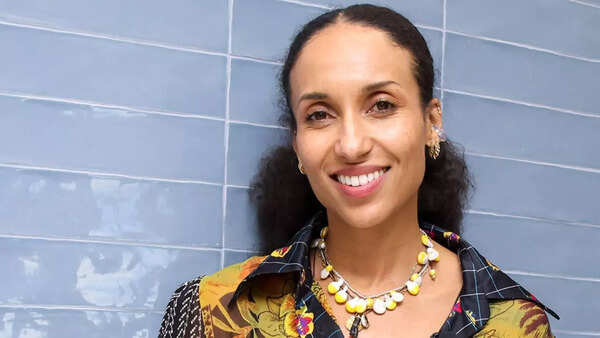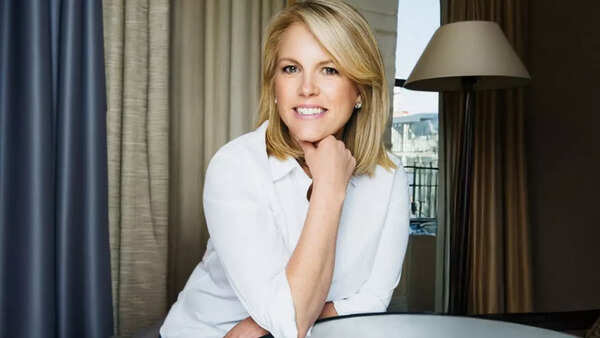After nearly four decades at the forefront of fashion, Anna Wintour is stepping back from her daily responsibilities as Editor-in-Chief of American Vogue. In a meeting held on June 26th, the 75-year-old announced her decision to transition operational control to a newly established Head of Editorial Content role.

While relinquishing her position as Vogue US's Editor-in-Chief, Wintour will maintain her influence as Condé Nast’s Global Chief Content Officer and Global Editorial Director of Vogue. This transition signals a significant shift in the fashion and media landscape, sparking considerable speculation about who will assume the mantle and guide Vogue into the future.
The next Editor-in-Chief must possess a unique combination of cultural authority, business acumen, and digital proficiency. As the industry anticipates this generational change, let's explore the qualities and individuals who might be contenders for this prestigious position.
The selection of a new Head of Editorial Content is a critical decision. What qualifications will define the ideal candidate to fill Wintour’s shoes? What attributes must this individual demonstrate to prove their capability to lead Vogue?

Here are some key requirements:
Given the prestige associated with this role, numerous industry figures are likely being considered. Who are the potential candidates to become the next influential figure at Vogue?

While Condé Nast has not publicly named a successor, several individuals are generating considerable buzz:

Internal candidates, such as Taylor Antrim (Deputy Editor) and Chloe Malle (Head of Vogue US web), are also rumored to be in contention. These individuals possess an intimate understanding of the brand and represent a focus on continuity.
Newer articles
Older articles
 The 'Good Cop, Bad Cop' Parenting Strategy: Does It Do More Harm Than Good?
The 'Good Cop, Bad Cop' Parenting Strategy: Does It Do More Harm Than Good?
 5 Natural Ways to Strengthen Your Heart and Reduce Disease Risk
5 Natural Ways to Strengthen Your Heart and Reduce Disease Risk
 Broadside: Broad Slams India's Team Choices After Headingley Test, Calls for Edgbaston XI Changes
Broadside: Broad Slams India's Team Choices After Headingley Test, Calls for Edgbaston XI Changes
 Wimbledon Serves Up India: Tennis Giant Courts Cricket-Crazy Nation for Growth
Wimbledon Serves Up India: Tennis Giant Courts Cricket-Crazy Nation for Growth
 England's Ben Duckett: The New Virender Sehwag? Former Coach Draws Bold Comparison
England's Ben Duckett: The New Virender Sehwag? Former Coach Draws Bold Comparison
 Archer Set for England Return? Broad and Buttler Advocate for Pacer's Second Test Inclusion
Archer Set for England Return? Broad and Buttler Advocate for Pacer's Second Test Inclusion
 Ashada Gupt Navratri 2025: Unveiling Dates, Timings, and Esoteric Significance
Ashada Gupt Navratri 2025: Unveiling Dates, Timings, and Esoteric Significance
 Suryakumar Yadav's Sports Hernia Surgery: What It Is, Who's at Risk, and Path to Recovery
Suryakumar Yadav's Sports Hernia Surgery: What It Is, Who's at Risk, and Path to Recovery
 The Evil Eye: Protective Charm or Portal to Darkness? Exploring the Symbol's Dual Interpretations
The Evil Eye: Protective Charm or Portal to Darkness? Exploring the Symbol's Dual Interpretations
 Jaiswal Eyes Gavaskar's 49-Year Record: India's Opener Nears Milestone 2,000 Test Runs in Edgbaston Clash
Jaiswal Eyes Gavaskar's 49-Year Record: India's Opener Nears Milestone 2,000 Test Runs in Edgbaston Clash